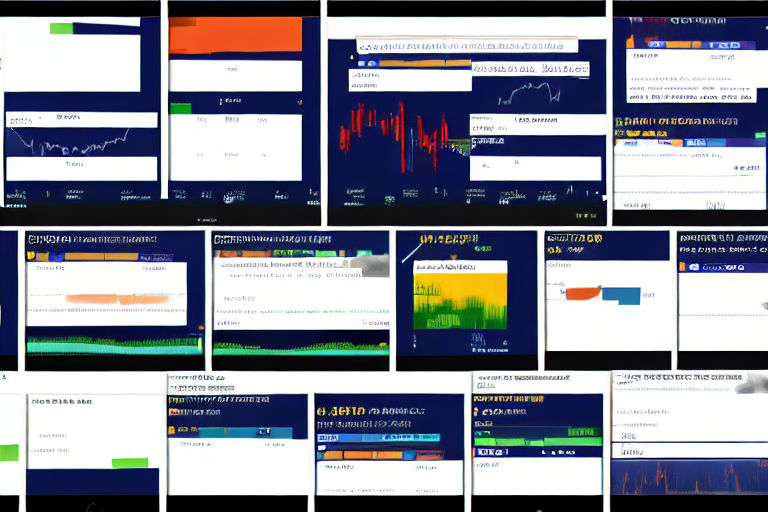Chaos Theory and Predictive Analytics: Can We Accurately Predict the Future?
One of the most intriguing questions of our time is whether we can accurately predict the future using predictive analytics. Predictive analytics is a branch of data analysis which uses historical data and algorithms to forecast future events. However, the field of chaos theory suggests that there is inherent chaos in our world that could upset any prediction.
The concept of chaos theory is based on the idea that small changes in initial conditions can cause unpredictable and significant differences in outcomes. Chaos theory was first proposed by Edward Lorenz, a meteorologist who discovered that a small rounding error in his calculations resulted in a forecast vastly different from the one he had predicted. This led to the development of the butterfly effect, which states that a small change in one part of a system can lead to significant changes in another part of the system.
So, can we accurately predict the future in a chaotic world? It turns out that predictive analytics can only work under certain conditions. The data must be accurate, the models must be reliable, and the algorithms must be constantly updated to reflect changes in the system. Even then, predictive analytics is not a crystal ball. It cannot account for unexpected events or black swan events; these events are, by definition, unpredictable.
The key to using predictive analytics is to recognize the limitations of predictive models. Predictive analytics can provide insight into potential outcomes, but it cannot guarantee those outcomes with certainty. However, predictive analytics can still be valuable in decision-making, even if the future cannot be predicted with accuracy.
In conclusion, chaos theory suggests that there are inherent limits to our ability to predict the future. While predictive analytics can provide valuable insights, it is not a crystal ball for forecasting the future. If anything, predictive analytics can help us better understand the world we live in and be better prepared for whatever comes our way.
Benefits of Using Predictive Analytics:
- Reduce risk and uncertainty in decision-making
- Optimize business processes
- Identify new revenue streams
- Improve customer satisfaction
Drawbacks of Using Predictive Analytics:
- Data quality can impact accuracy
- Predictive models have limitations
- Cannot account for unexpected events
- Cost and complexity of developing and implementing predictive models



